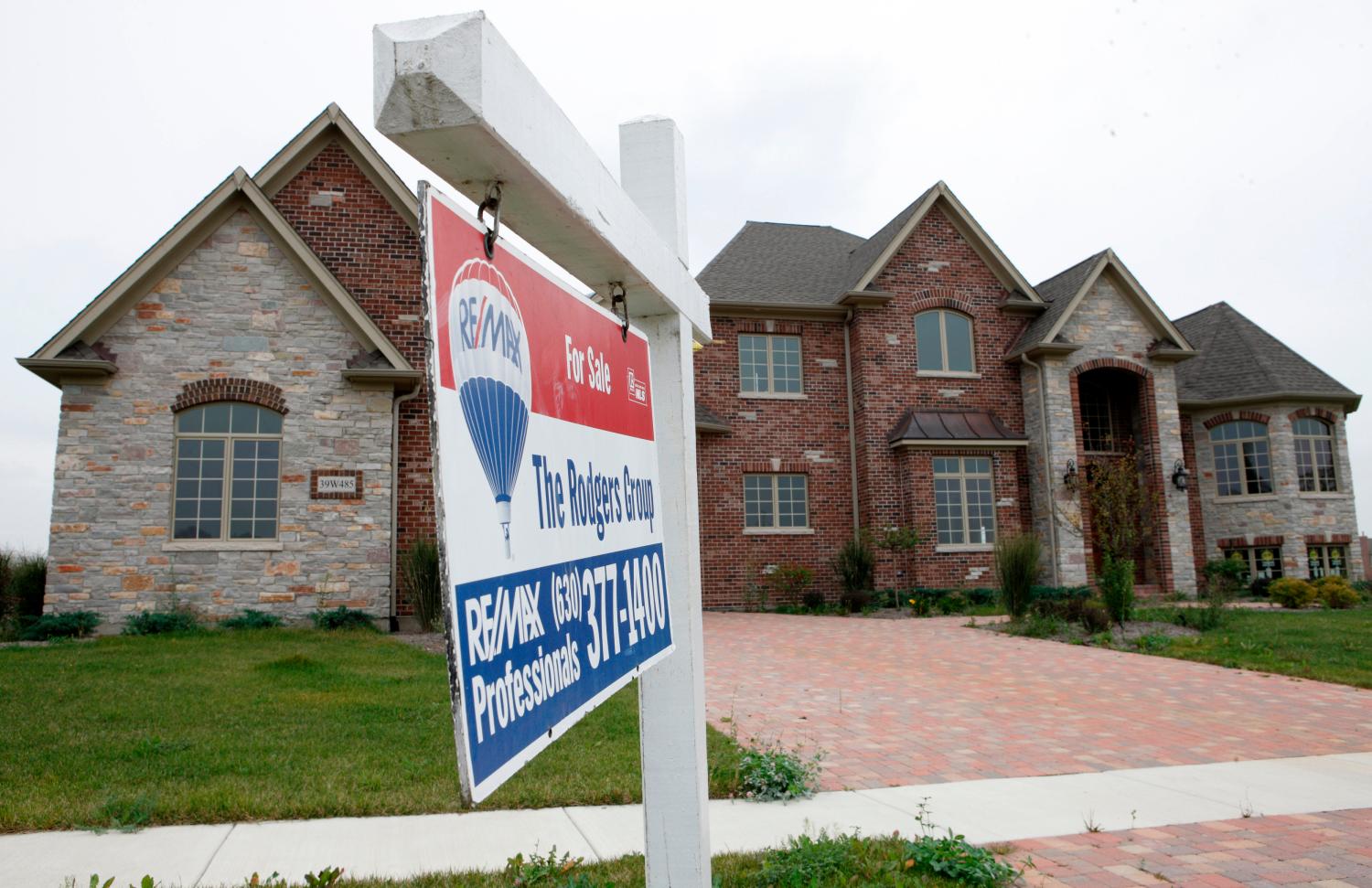This report was produced by the Brookings Center on Regulation and Markets.
The past decade has witnessed remarkable technological innovations and a proliferation of new business models in the real estate sector.
However, the potential of these innovations has yet to be realized, and most real estate brokerage firms command a persistently high price, “commission fee,” for services rendered. In the United States, commission rates have remained uniformly high relative to other countries and industries over the past two decades. This paper identifies structural hurdles that have limited competition in the industry, including the current commission payment arrangement.

Under the current commission payment arrangement, the seller pays commissions to both the listing agent and the buying agent. To analyze how commission rates vary with the costs and effort required to sell a property, we examine how it correlates with proxies of costs and agent qualities.
How high commissions have been maintained
Buyers’ agents have an incentive to prioritize properties with higher commission rates and, as a result, steer buyers away from low-commission listings. For example, low commission properties are five percentage points less likely to sell within 30 days and five percentage points more likely to stay on the marker for six months or longer, after adjusting for property attributes. Knowing this, sellers are less likely to offer low commission rates, resulting in lesser price competition.

Negative social welfare costs
Commission fees constitute a large share of the transaction cost paid by home sellers and are relatively high compared to households’ savings in housing equity. In the first quarter of 2019, the average home sellers amassed a capital gain of $57,000 from selling their homes. The average commission they incurred for selling was around $13,000 to $15,000, or about a quarter of their savings.
These transaction costs can induce significant lock-in effects that limit household mobility. For every $1,000 of additional mortgage or property taxes, household mobility is reduced by 10-16 percent.
An additional social loss comes from the excess entry of agents and firms and misallocation of talent. In the U.K. where commission fees are a fraction of those in the U.S., there are more than one million housing transactions each year with only 50,000 agents. In contrast, six million housing transactions occur annually with 1.3 million agents in the U.S. In short, the U.S. has around six times more housing transactions than the U.K., but 26 times more agents. Such a saturated industry results in a reduction of labor productivity and loss of social welfare.
Policy recommendations
- Untie commissions
A natural policy intervention would be to let both the seller and buyer pay independently for the professional services each obtain, as is the norm in other consumer service industries. This intervention would have several benefits. It would mitigate the threat of steering and the resulting conflict of interest, and, most importantly, would also allow buyers to shop around for the level of service that best suits their need (and bargain for its price). Greater competition in commissions lowers transaction costs, which in turn alleviates the negative social welfare costs.
- Encourage rebates
A less radical solution to promote competitive commission would be to encourage rebates. For rebates to generate price competition, buyers need to observe commissions and understand that commissions constitute a significant portion of the transaction costs associated with buying a property.
Regardless of whether buyers pay for the commission directly or request a rebate from a broker, firms’ ability to compete on commissions through discounts, rebates, or other innovative business models will be severely compromised if they face retaliation and boycott from other (dominant) firms and agents. As a result, regulation may be required to prevent such action in the real estate sector.
Cayli Baker contributed graphics and editorial assistance to this report.
The authors did not receive financial support from any firm or person for this article with a financial or political interest in this article. They are not currently an officer, director, or board member of any organization with a financial or political interest in this article.








